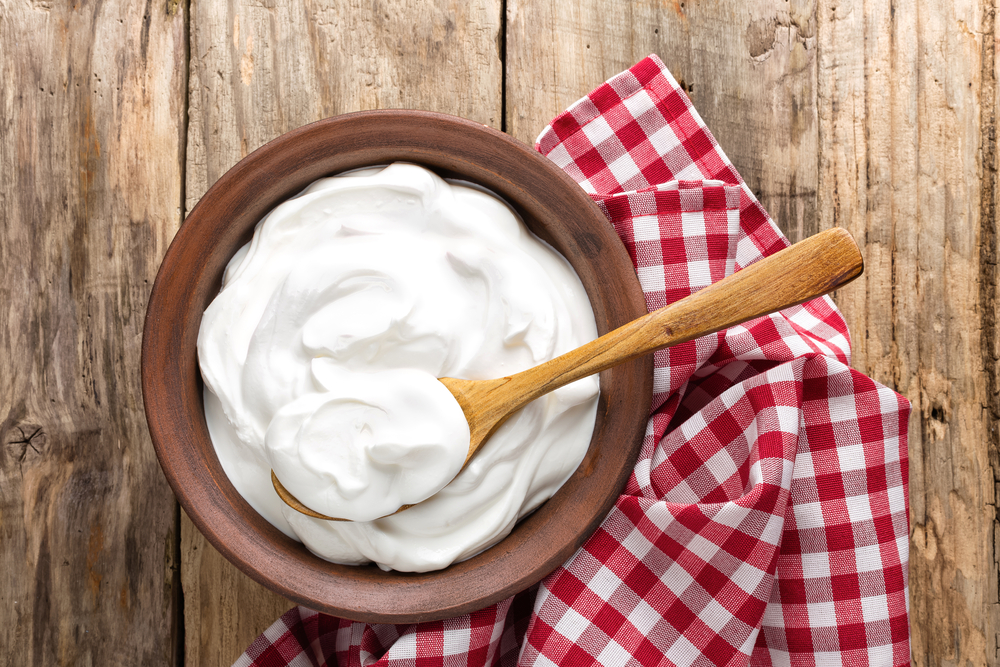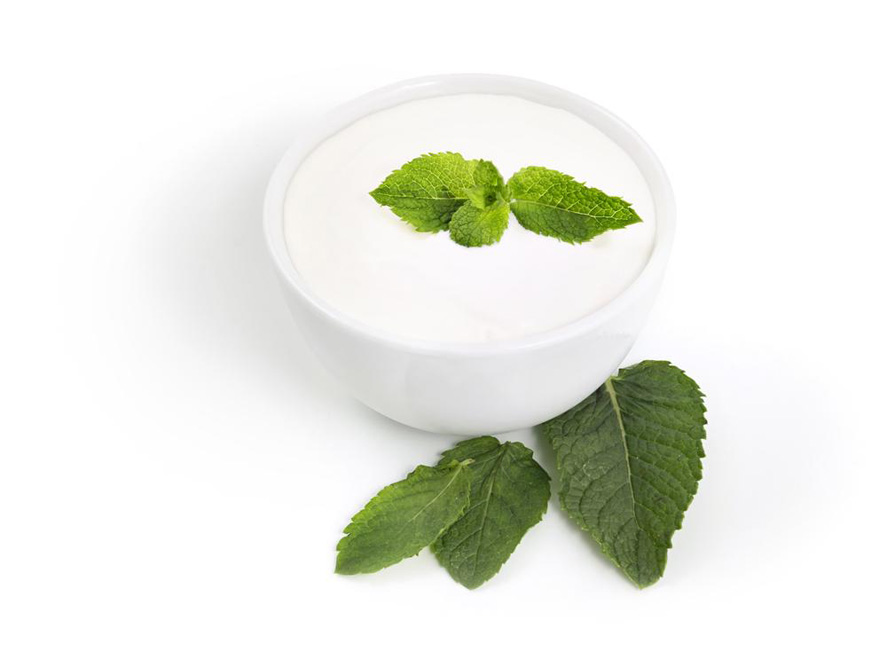Choosing the Best Probiotic Yogurt for Better Health: A Comprehensive Guide
Discover how to select the best probiotic yogurt with our comprehensive guide. Learn about its health benefits, key nutrients, and tips for choosing high-quality options. Enhance your digestive health, strengthen immunity, and support overall wellness by making informed yogurt choices for a healthier lifestyle.

Choosing the Best Probiotic Yogurt for Better Health: A Comprehensive Guide
In recent years, yogurt has transitioned from a traditional snack to a versatile superfood featuring numerous varieties such as Greek-style yogurt, flavored smoothies, and indulgent frozen options. Despite their appealing appearances, not all yogurts provide the same health benefits. Some are packed with beneficial probiotics that promote gut health and overall wellness, while others are simply sweet desserts with minimal health impact. So, how can consumers identify the highest-quality probiotic yogurt amid countless options available on store shelves?
Before diving into selection strategies, it is essential to understand the significant health benefits that come with consuming probiotic-rich yogurt regularly.
Probiotic yogurt is produced through the fermentation of milk using specific bacterial cultures, which are beneficial for our health. The primary cultures involved in traditional yogurt production are Lactobacillus bulgaricus and Streptococcus thermophilus. These bacteria convert lactose, the natural sugar present in milk, into lactic acid, giving yogurt its characteristic texture and tang. For a yogurt to be considered healthy and probiotic, it should contain these live beneficial bacteria, along with other strains that support digestive and immune health.
Let’s explore in detail the scientifically supported health benefits of consuming high-quality probiotic yogurt, emphasizing its superior nutritional profile and positive impacts on overall well-being.
Rich Source of Critical Nutrients
Yogurt is nutrient-dense, offering an extensive array of essential nutrients including high-quality protein, vitamin B12, calcium, magnesium, phosphorus, potassium, and healthy fats. These nutrients are vital for maintaining bodily functions, supporting bone health, and boosting metabolic processes.
High Protein Content
With approximately 10 grams of protein per 100 grams, yogurt supports muscle repair, enhances satiety, and aids weight management efforts. Especially popular Greek yogurt varieties can offer up to 16 grams of protein per serving, making them an excellent choice for those seeking to increase protein intake.
Digestive System Support
Probiotics in yogurt help balance the gut microbiome, alleviating symptoms of irritable bowel syndrome (IBS), reducing bloating, and improving stool regularity. They also strengthen the gut barrier, decreasing the likelihood of infections, diarrhea, and constipation.
Boosts Immune Defense
The beneficial bacteria in probiotic yogurt help modulate immune responses, decreasing inflammation and enhancing the body's defense mechanisms. When paired with minerals like zinc, magnesium, and selenium, the immune-boosting effects are further amplified.
Cardiac and Heart Health Benefits
Regular consumption of probiotic yogurt has been linked to lower blood pressure levels, improved cholesterol profiles—particularly increased HDL (good cholesterol)—and reduced cardiovascular risks.
Bone Density and Preventing Osteoporosis
Calcium and vitamin D in yogurt are crucial for maintaining strong bones, preventing osteoporosis, and supporting overall skeletal health, especially in older adults.
Having examined the benefits, the next step involves understanding how to select the optimal probiotic yogurt from a saturated market. Here are five critical factors to consider:
Sugar Content
Choose yogurt options with less than 10 grams of added sugars per serving. Excess sugar can diminish the health benefits and contribute to weight gain and metabolic issues.
Protein Level
Look for yogurts that provide at least 5 grams of protein per serving. Greek yogurt, in particular, can offer significantly higher protein content, making it more filling and suitable for sustaining energy levels.
Presence of Live Cultures
Ensure that the packaging labels mention the inclusion of Lactobacillus bulgaricus and Streptococcus thermophilus. Certifications like the "Live and Active Cultures" seal from the National Yogurt Association are also reliable indicators of probiotic quality.
Flavor and Taste Profile
Select a flavor that you genuinely enjoy. Enjoyment of the product encourages consistent consumption, which is essential for reaping long-term health benefits.
Ingredient List Simplicity
Opt for yogurts with minimal ingredients—preferably those with natural, recognizable components—avoiding artificial additives, preservatives, or excessive sweeteners.
By following these detailed guidelines, you can make an informed choice and select the best probiotic yogurt suited to your health needs. While it may require some extra effort to read labels and compare products, the substantial health advantages make it a worthwhile investment in your well-being.





